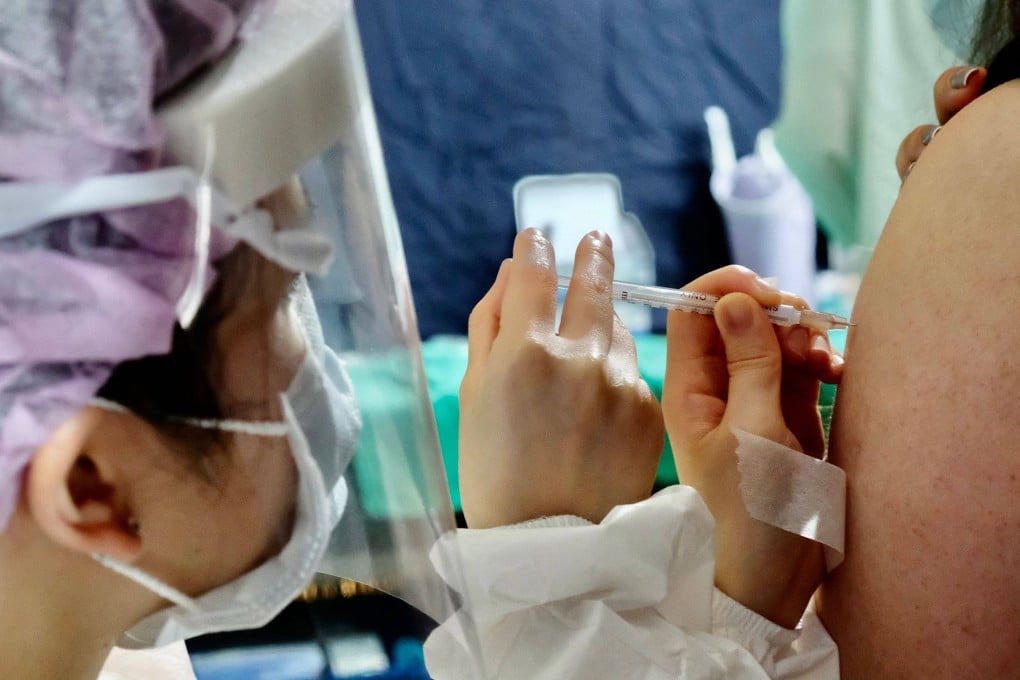Taiwan scrambles for vaccines after Covid-19 breaches its defences
- The island’s initial success story has turned sour with an outbreak that has infected more than 12,900 people and claimed 437 lives
- Taipei is now pinning its hopes on two local jabs as well as donations of overseas vaccines from the US and Japan

The island reported just 799 cases last year and seven deaths, while scores of other countries faced mounting fatalities, waves of infections running into tens or hundreds of thousands of people, and warnings of hospitals unable to cope.
But Taiwan’s success story has turned sour in recent weeks after an outbreak – linked to staff at the island’s China Airlines – which began in late April started to spread. The outbreak has now infected more than 12,900 people and claimed 437 lives, sparking a scramble for vaccines that the island had failed to stockpile.
“Until earlier this year, Taiwan’s Covid-19 control had been very effective so the perception was we did not need vaccines or we had more time to wait for better vaccines. This was a major mistake,” said Su Ih-jen, who headed the Taiwan Centres for Disease Control (CDC) in 2003-2004, during the Sars epidemic.
“The fatal error was that the central epidemic command centre did not plan in advance,” said Su, who now leads a vaccine policy project at the National Health Research Institutes Forum, a think tank that advises the government. Taiwan was four to five months behind other governments in placing orders for overseas vaccines, which resulted in late shipments, he said.
Tsai Kun-chou, a lawyer with clients in Hong Kong and mainland China, said he managed to get his first shot in early May because he was planning to travel. “Many people want to get vaccinated as soon as possible to return to normal life,” he said.
